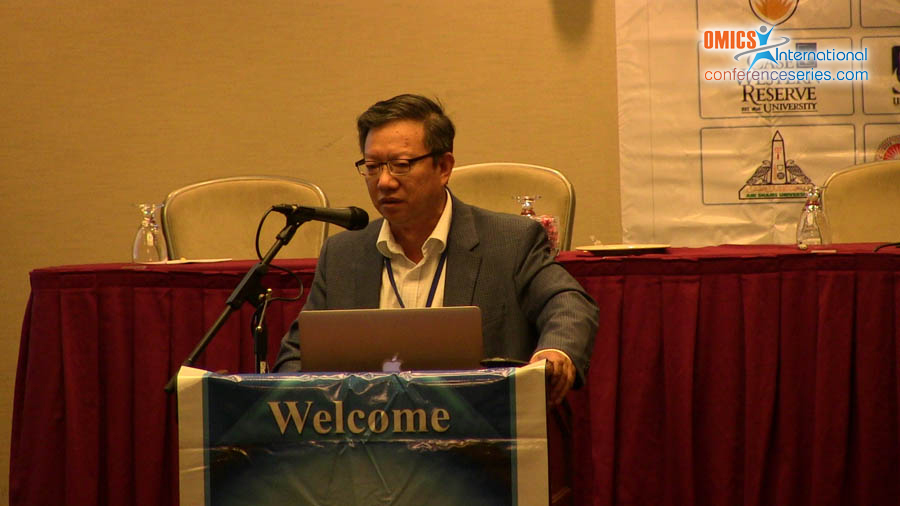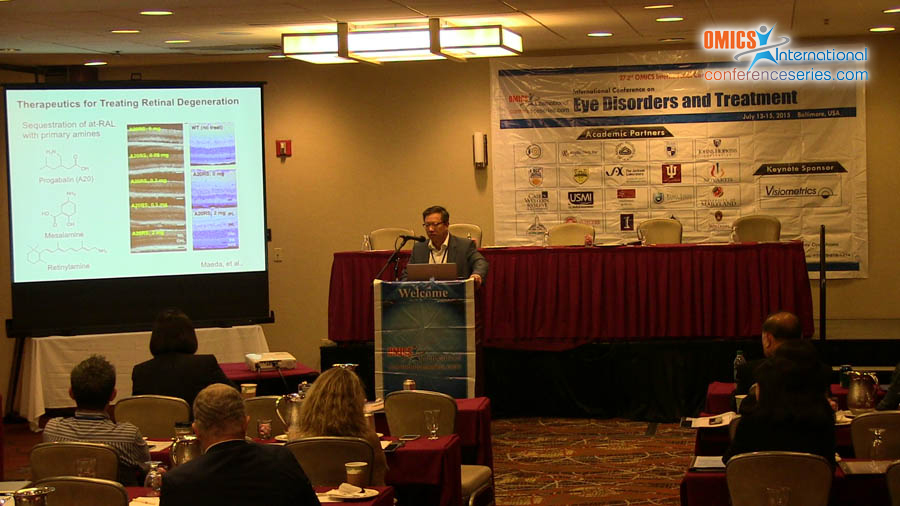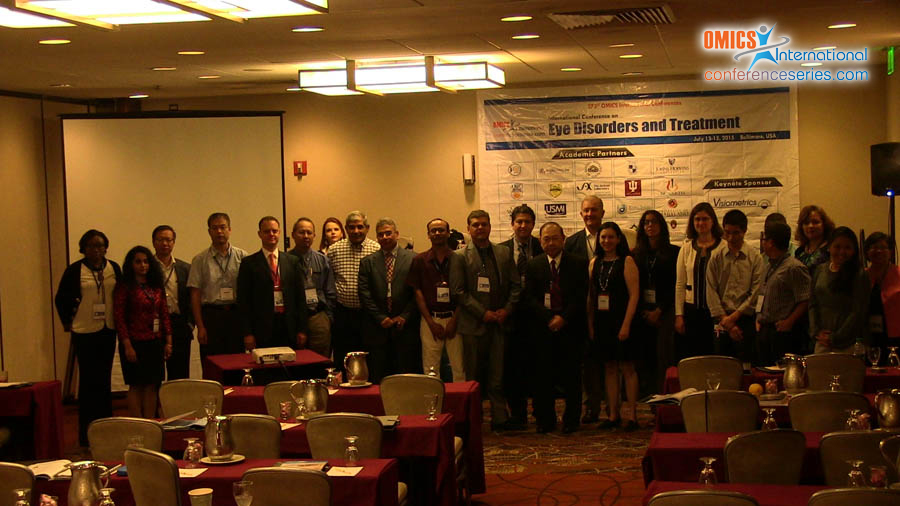
Zheng Rong Lu
Case Western Reserve University, USA
Title: Developing new therapeutics in safe treatment of retinal diseases
Biography
Biography: Zheng Rong Lu
Abstract
Retinal degeneration impairs the vision of millions in all age groups worldwide. Increasing evidence suggests that the etiology of many retinal degenerative diseases is associated with impairment in biochemical reactions involved in the visual cycle, a metabolic pathway responsible for regeneration of the visual chromophore (11-cis-retinal). Inefficient clearance of toxic retinoid metabolites, especially all-trans-retinal is considered responsible for photoreceptor cytotoxicity. Primary amines including retinylamine and its analogues are effective in lowering the concentration of all-trans-retinal within the retina and thus prevent retina degeneration in mouse models of human retinopathies. We designed and developed drug delivery systems including polymer-retinylamine conjugates and polymeric nanoparticles to improve its therapeutic efficacy. The polymer drug conjugate was effective to provide prolonged protection of light-induced retinal degeneration in Abca4−/−Rdh8−/− (DKO), an animal model of Stargardt disease/age-related macular degeneration after oral administration. Subcutaneous administration of the nanoparticles containing retinylamine reduced liver accumulation of the drug and resulted in effective prolonged prevention of light-induced retinal degeneration in the Abca4−/−Rdh8−/− (DKO) mice. We also designed and developed new therapeutics that could effectively sequester toxic all-trans-retinal without inhibiting the enzymes involved in retinoid cycle chemistry. The new therapeutics was also effective to prevent light-induced retinal degeneration in the Abca4−/−Rdh8−/− mice with minimal side effects ont reina functions. The drug delivery systems and new therapeutics have the potential to effectively treat retinal degenerative diseases with minimal side effects.



